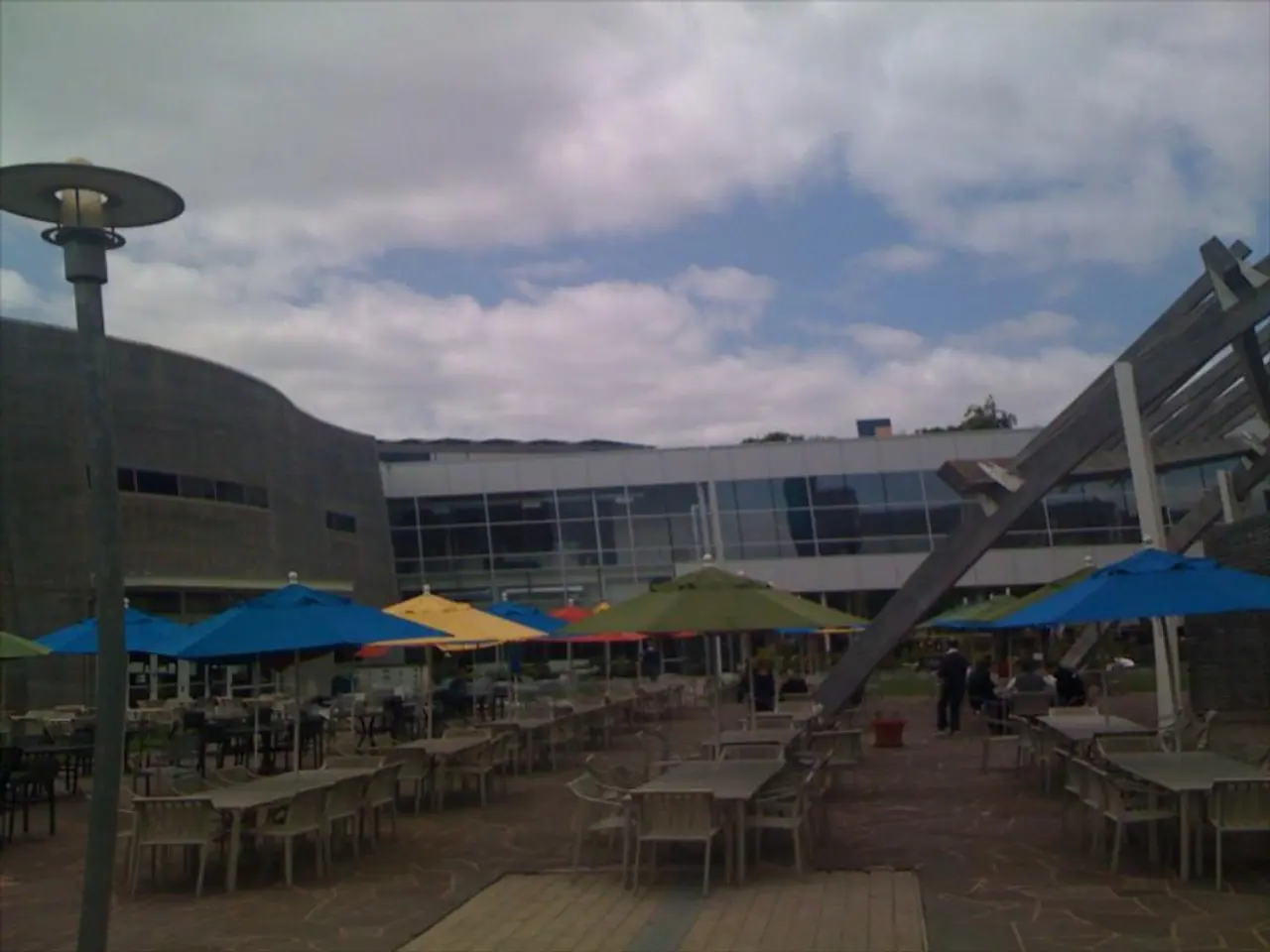Ghostly Presence of Tourism in Cuba
Hopping Over to Cuba: A Ride through a Paradoxical Paradise
Heading towards Viñales from the pulsating heart of Havana, we embark on a journey filled with contrasts. The highway, once a bustling thoroughfare, is eerily empty, save for horse-drawn carriages and the occasional taxi. Under the shadows of bridges, people gather, waiting for their ride or perhaps their fortune, for those with Euros move quicker on this Caribbean island.
Our driver, a jovial man with a hearty laugh, beats the steering wheel and yells, "Amigos, Amigos!" before suddenly braking. A roadside vendor appears, holding a warning triangle and a cardboard sign. Our driver, impressed, digs out some bills from his bulging wad of Cuban pesos and store his new treasure carefully in the trunk. It's a straightforward lesson: private trade flourishes in Cuba. On the streets, tradesmen sell everything from cigarettes and lighters, to handmade goods.
Some merchants peddle luxury items like cigars. The taxi veers off the road just behind Pinar del Río, revealing lush, picturesque valleys with red earth. Vine-draped tobacco plants carpet the landscape, a remnant of centuries-old tradition that brings the finest tobacco in the world. Upon stepping out, we're greeted with the smell of rum and offered a cigar, setting the stage for our tour of the plantation. In the drying house, tobacco leaves hang from the ceiling, waiting to be fermented before they become pliable enough to roll cigars. A poster on the wall showcases the dashing image of Che Guevara, his gaze unwavering.
Several lessons learned, we haggle for our cigars, paying in Euros or dollars. Interestingly, the price of a half-dozen cigars equals a Cuban doctor's monthly salary. It's a tough pill to swallow, considering the tourist with euros or dollars is the spearhead of the world market, severed from the island by sanctions. The interplay of economic worlds is instrumental in shaping the Cuban landscape, leading to paradoxes like child poverty, homelessness, and gang wars, evident in neighboring Haiti, yet absent in Cuba.
Life in Cuba meanders at a pace that would be marketed as a deceleration experience elsewhere, with work-life balance and shorter workweeks not considered beneficial to prosperity. In Viñales, a dreamlike valley nestled in the island's west, time is abundant, with conversations carried between verandas creating a rhythm all their own. The power often goes out, but the darkened streets are soon illuminated by the hum of generators. On Saturday nights, the plaza springs to life with speakers and stalls serving potent mojitos, drawing locals and tourists alike.
At the core of the Caribbean island, there's a melancholic beauty, a dance between the past and the present, set against the backdrop of fading colonial architecture. The streets brim with vibrancy, contrasting with the quietude of its rural outskirts. Yet, beneath the surface, there's a silent tension, a testament to the interplay of tourism and Cuba's economic landscape.
The journey to the beach presents one such paradox. A ride through mountain roads riddled with potholes, eventually leading to blinding white beaches and crystal-clear waters. The beach, a reflection of Cuba's opening policy, captivates with its contrasts - a state-managed section offering mediocre Piña Coladas and a limited menu, juxtaposed with an almost deserted section selling freshly-caught lobster cooked on the sand. It's a carefully balanced coexistence of state and startup economies. The lobster tastes amazing, but the price tag is hefty, a stark reminder of the chasm between the rich and the poor.
Back in Havana, a new day dawns, bringing another round of sales pitches. Exclusive tickets for concerts, illicit substances, and young company... the city is alive with opportunities, underscoring the fine line between legitimate business and underhanded deals. Some tourists don't seem to mind, indulging in overpriced drinks in dingy bars, purportedly frequented by Fidel Castro and Che Guevara. It's a win-win situation, it seems.
But is Cuba faced with disintegration, or is the cunning global capitalist spirit protecting it from mass tourism exploitation? The answer lies somewhere in between, a dance between socialist ideals and economic realities. As an outside observer, one can't help but ponder: is this the "death of the state," as some might argue, or a complex intertwining of state control and free enterprise? The true nature of Cuba's transformation remains a fascinating enigma, one best explored from the comfort of a classic taxi cruising along its winding streets.
Stay updated on the week's most important topics with our free nd.DieWoche newsletter. Subscribe here.
[1] "Sustainable Tourism: Insights and Lessons from Cuba" by Myriam Schotten (2020)[2] "Tourism, Development, and Change in Cuba" by Jorge L. Pérez-López (2007)[3] "Cuba's Quest for Sustainable Tourism" by Efren Orama (2015)[4] "Remittances and Cuban Development: The Case of the Health Sector" by Nêzarí Mendoza (2012)[5] "The Influence of Tourism on Cuba's Economy" by Ana Betancourt (2017)
In the peaceful valley of Viñales, the rhythm of life is Slow and relaxed, contrasting with the bustling city of Havana. Here, tourists can enjoy a cigar, savored against the backdrop of a paradoxical country where luxury goods, like handcrafted cigars, are traded alongside everyday essentials.
Traveling further through Cuba's captivating landscape, one encounters another paradox at the beach: pristine white sands and crystal-clear waters coexist with a stark chasm between the rich and the poor, a testament to the intricate balance between state and private economies in this unique destination.




